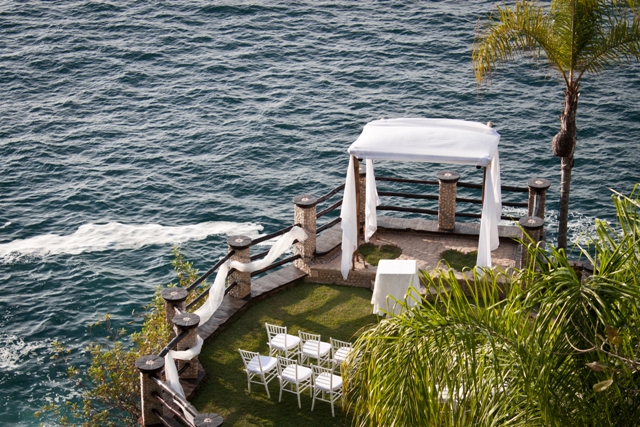5 Tips To Help You Make The Most Of Any Venue As A Wedding Videographer

More often than not, professional videographers have to learn how to deal with challenging environments, such as crowded venues or poor indoor lighting. Fortunately, it is possible to compensate in these situations – all will be explained in this blog.
For professional videos, a tripod is an essential piece of equipment. While it is not always practical to use a tripod in every situation, any event where the main subjects are not moving (such as the exchange of the vows or a speech) will require one. Any shaking or sudden movements will seriously compromise the quality of the video and will make it appear like it was produced by an amateur. No matter how steady your hands are or how good your image stabiliser function is, it is virtually impossible to avoid camera shake when filming, especially when you are outdoors.
Sometimes, for no apparent reason, even the most expensive video cameras can start to deteriorate and become less functional. Check all the features of your equipment such as optical zoom, the sound, shutter speed and any other elements that you are likely to use on the big day. If you do find any problems, get your video camera repaired as quickly as possible through your warranty (if you have one) or from a reputed camera store.
If you have time, visit the venue in advance and try to imagine that the wedding is taking place. Consider the time of the day and where the best light will be, determine where you will need to position yourself to get the best scenes and identify which settings on your camera will provide the best results (i.e. what lighting levels will you need). This way, you will be much better prepared for the event and less likely to encounter any surprises that will throw you off course.
Ask your client about the seating arrangements so you can get an idea of who to film and where. Confirm what time of the day the wedding reception will take place. If the client has originally arranged it for a later time (i.e. after sunset) and you think you’d be able get better results when it’s still daylight, let him or her know and see if the time can be rearranged. The more you know about all of these arrangements, the better prepared you are to create the best wedding video possible.
If the wedding ceremony or reception is taking place in an outdoor venue, check the forecast at least 5 days in advance to get a general idea of what the weather could be like. If it looks as though it will be unsettled, consider any improvisations that may need to be made. You may want to request that the wedding be moved to an indoor venue, or arrange for a large marquee to help shelter guests from the elements). If it is definitely likely to be raining constantly during the wedding ceremony and reception, consider purchasing a waterproof case for your video camera, which can often bought relatively inexpensively at around £30 to £50 (although anyone in this situation would be extremely unlucky, even in the fickle British climate). If you think you may be delayed due to the weather, for example flooding or high winds, give yourself plenty of time to get to the event and update your client as to your whereabouts on a regular basis so they can plan around your arrival.
In the unlikely event that your camera suddenly stops working completely or it becomes damaged during the wedding, bring an extra camera just to be on the safe side. There’s nothing worse than a beautiful wedding video that suddenly comes to an abrupt end because your equipment failed you!
Andrew Shepherd is the founder and managing director of Crystal Clear Visual. He has a long history in the music and film industry and has worked with some of the world’s greatest video producers. Andrew boasts a great deal of experience as a professional videographer and has a demonstrable passion for his work.
